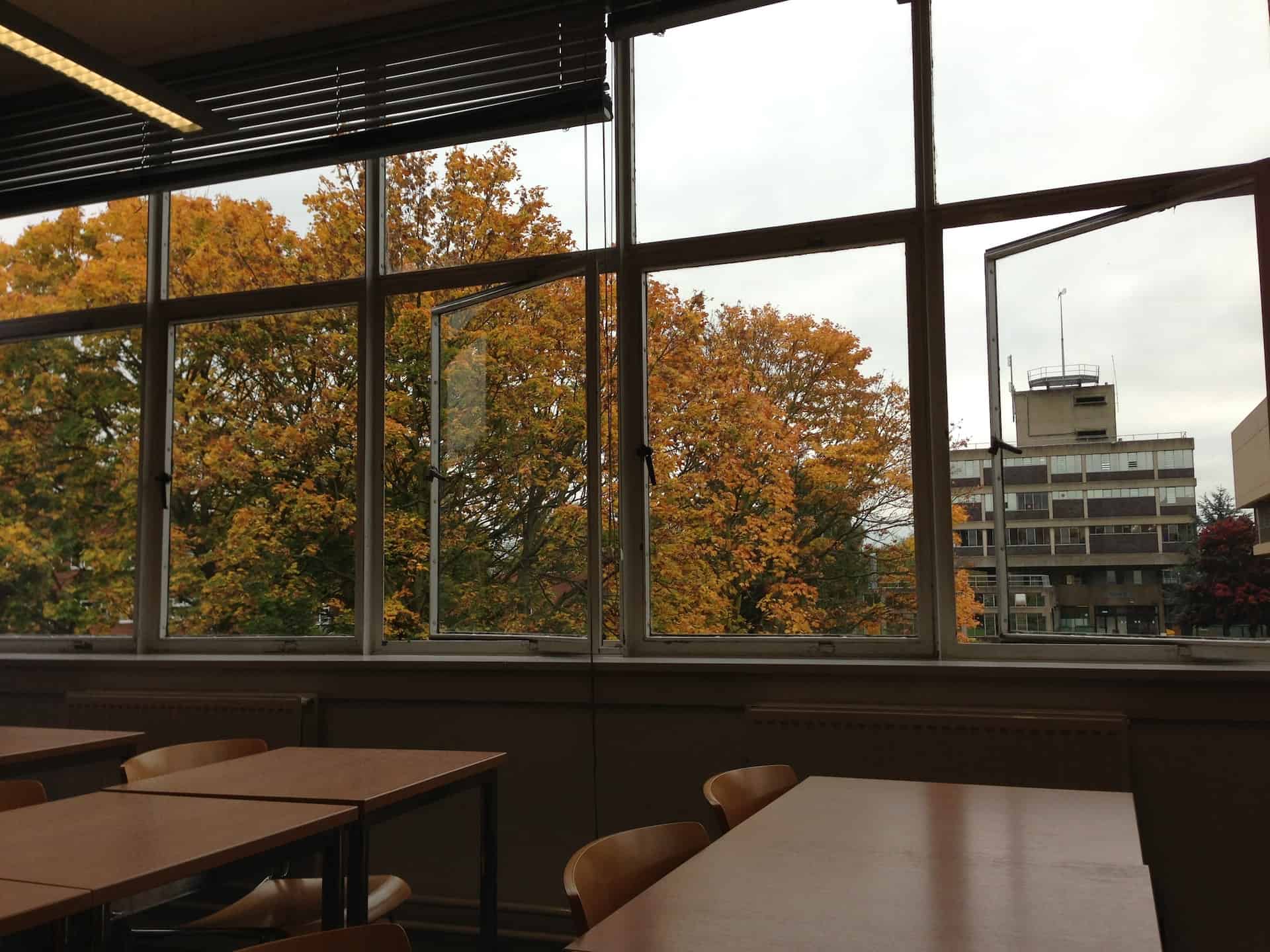News OnTheWight always welcomes a Letter to the Editor to share with our readers – unsurprisingly they don’t always reflect the views of this publication. If you have something you’d like to share, get in touch and of course, your considered comments are welcome below.
This from Peter Shreeve, Assistant District Secretary, Treasurer & Press Officer, Isle of Wight – National Education Union. Ed
Throughout the pandemic and since starting back in September, there has been a tsunami of concern over pupil absence.
Last week, a House of Commons paper noted lower average attainment from “persistently absent” Year 10 and 11 pupils (latest 2019 data).
35.6% of those “persistently absent” (missing 1 in 10 sessions) and 11.3% of those “severely absent” (missing more than a half) achieved grades 9-4 in English and maths (compared to 67.6% of all pupils).
In September, the House of Commons Education Committee published their report “Persistent absence and support for disadvantaged pupils”. They listened to the evidence, made positive recommendations and acknowledged the scale of the challenge. A challenge that has not lessened under recent governments!
Better mainstream school SEND support and increased support with mental ill-health issues is key. The current capacity of both is “grossly inadequate”, worsening by ever increasing poverty.
Additional funding for external specialist services in schools is desperately needed. Government sometimes acknowledges the need, but appears unwilling to act.
Policymakers must do more to support schools. Students must feel safe, welcomed and be engaged in learning.
Fines, suspensions and exclusions do not provide robust and lasting solutions. Nor does the superficial proposal for a baccalaureate, impractical as it conveniently ignores reality. One in six English and one in five maths teachers do not have a relevant post-A-level qualification. Moreover, this year only half the necessary graduates have been recruited as secondary trainee teachers across all subjects.
In 2022 Government published a “Summary table of responsibilities for school attendance”. It lists clearly who is responsible for each and every aspect of improving attendance – parents, schools, Academy trustees and governing bodies, local authorities. Theses bodies are working hard to find a suitable educational way forward.
Conspicuous by its absence is a section showing DfE or national Government responsibilities, as they are ultimately in charge.
US educationalist, Gene Bedley, once said,
“Responsibility finds a way. Irresponsibility makes excuses!”
Does Government appear to relish irresponsibility with excuses of Covid, austerity, cost of living, fighting in Ukraine and it’s the striker’s fault?





